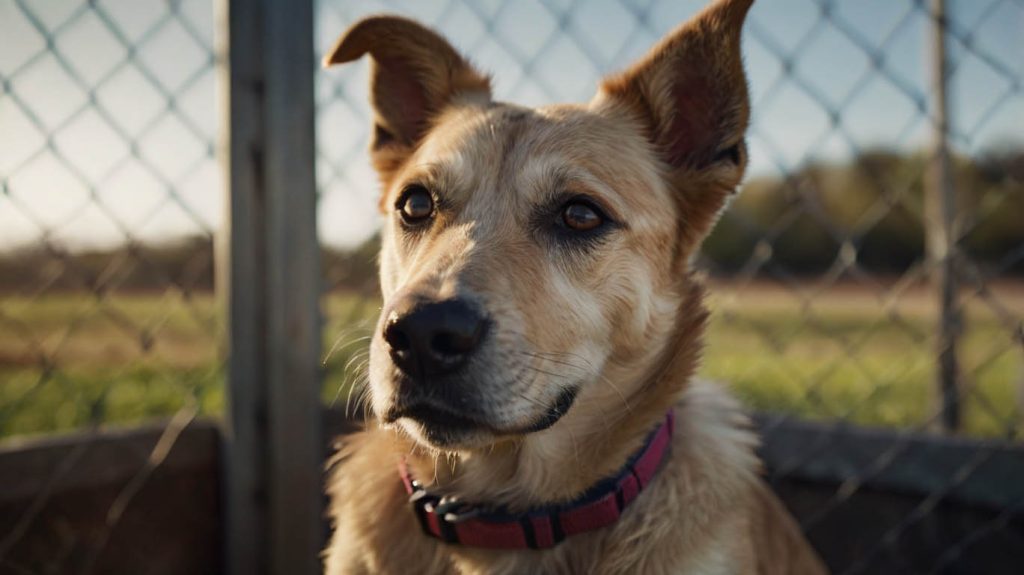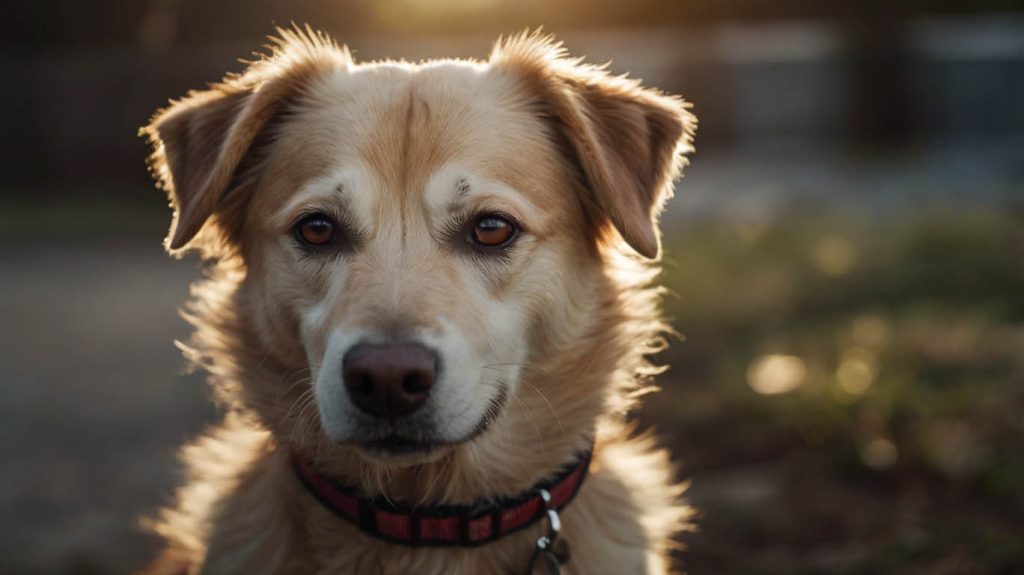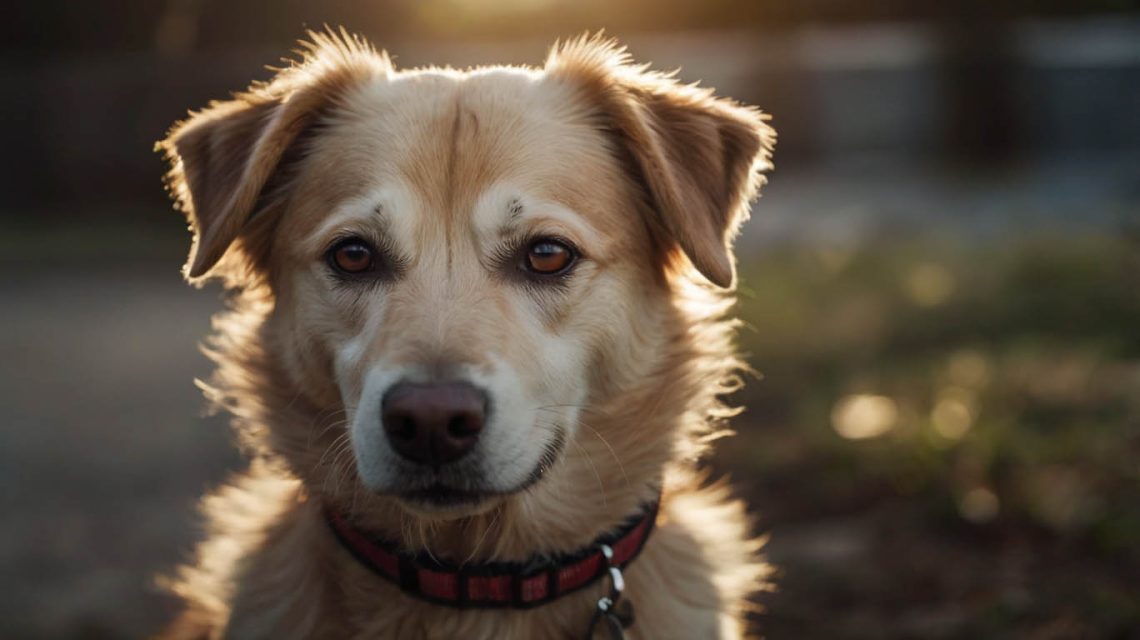Handicap Dogs for Adoption: Your Guide to Welcoming a Perfectly Imperfect Companion
You’re scrolling through a rescue website, your heart open and ready to find a new best friend. You see page after page of young, energetic dogs. Then, one picture makes you stop. It’s a dog with gentle, wise eyes, maybe missing a leg, or sitting peacefully in a little wheelchair. A powerful feeling of compassion pulls you in, but it’s mixed with a bit of apprehension. You feel a connection, but you also wonder if you’re equipped for the challenge. Consequently, you find yourself taking the first step on a new path: researching handicap dogs for adoption.
Many potential adopters feel this same mix of empathy and uncertainty, worrying that the care will be too complex or costly. However, those who have opened their homes to these incredible animals will share a different story—a story of amazing resilience, an unbreakable bond, and a unique kind of joy. Therefore, this guide is here to walk you through the process. We will celebrate the spirit of these special dogs, provide a realistic look at their needs, and show you why giving a home to one of the many deserving handicap dogs for adoption can be the most fulfilling experience of your life.
The Profound Rewards of Adopting a Handicapped Dog
Choosing to adopt a dog with a physical challenge comes with a set of benefits that are deeply meaningful and often unexpected.

You Are Truly Saving a Life
This is the most powerful truth. In a busy shelter, handicap dogs for adoption are often looked over. They wait longer for homes and are at a much higher risk of euthanasia than their able-bodied counterparts. When you adopt a handicapped dog, you are making a profound statement: you see their worth, you value their life, and you are giving them the safe, loving home they have been dreaming of.
Their Resilience Will Change Your Perspective
Dogs live entirely in the present. A blind dog doesn’t mourn the sights they can’t see; they learn to map the world with their nose. A tripod doesn’t feel sorry for themselves; they figure out a new way to run with pure joy. Their ability to adapt to their circumstances with a wagging tail and a happy heart is a daily lesson in courage, grace, and what it truly means to live life to the fullest.
You Will Build an Unbreakable Bond
The connection you form with a handicapped dog is often uniquely deep. Because they rely on you for specific care and assistance, a powerful level of trust and communication develops between you. You become a true team, navigating challenges together. This partnership forges a bond that is exceptionally strong and treasured by those who have welcomed handicap dogs for adoption into their lives.
Understanding Different Types of Handicap Dogs for Adoption
“Handicapped” is a broad term. Here are some of the common types of special needs dogs you might find and what their care typically involves.
Tripods (Three-Legged Dogs)
These are dogs who have lost a limb due to injury or illness.
- What to Expect: Most tripods adapt with incredible speed and agility. They learn to run, play, and navigate stairs with surprising ease.
- Care Considerations: The most critical aspect of their care is weight management. Keeping them at a lean, healthy weight is vital to reduce stress on their remaining three joints.
Blind or Visually Impaired Dogs
These pups “see” the world with their amazing sense of smell and hearing.
- What to Expect: A blind dog thrives on a predictable routine. They will quickly memorize the layout of your home and navigate it confidently.
- Care Considerations: Your primary job is to keep their environment consistent and safe. This means not moving furniture around and using baby gates to block potential dangers like stairs.
Deaf or Hearing-Impaired Dogs
A deaf dog “listens” with their eyes and is incredibly in tune with their surroundings.
- What to Expect: Deaf dogs can be wonderfully easy to train because they are not distracted by sounds. They become masters of reading your body language.
- Care Considerations: You will need to use hand signals for training. A vibrating collar (never a shock collar) can be a great tool to get their attention. Extra safety precautions on walks are also essential.
Dogs with Mobility Impairments (Wheelchair Dogs)
Dogs with paralysis or other mobility issues often use a custom-fitted cart to get around.
- What to Expect: These “wheelie dogs” are often full of immense spirit and joy. Their cart gives them the freedom to run, play, and live an active life.
- Care Considerations: This is a more hands-on commitment. They will need help getting in and out of their cart. Depending on their specific condition, they may also require assistance with bladder expression (a simple technique taught by vets) and diligent skin care.

Key Questions to Ask Before Adopting a Handicapped Dog
To ensure you are fully prepared, it’s vital to ask the rescue or shelter specific questions:
- What is the specific cause and nature of the handicap?
- What is the long-term prognosis? Is the condition stable or is it expected to change?
- Are there any ongoing medical needs or estimated future costs?
- What is their daily care routine like? (e.g., medications, physical therapy, special food).
- Can you speak with their foster parent? Foster families offer the best insight into a dog’s personality and day-to-day life.
Being prepared is the most responsible way to approach looking for handicap dogs for adoption.
Where to Find Handicap Dogs for Adoption
- Your Local Animal Shelter: Always start here. Let the staff know you are open to adopting a special needs or handicapped pet.
- Petfinder.com: This major adoption website allows you to filter your search to specifically look for animals with “special needs.”
- Specialized Rescues: Search online for rescues dedicated to specific disabilities (e.g., “blind dog rescue”) or breeds prone to certain issues. These groups are experts in caring for and placing handicap dogs for adoption.
A Love That Sees a Perfect Soul
Choosing to find and welcome handicap dogs for adoption into your home is a decision to see with your heart. It is a commitment to seeing the whole, perfect, loving dog beyond any physical limitation. The journey may require a little extra patience and care, but the rewards—the deep trust, the inspiring courage, and the unconditional love—are truly immeasurable. You don’t just change their life for the better; they will absolutely change yours.
Have you ever adopted a handicapped dog? Share your inspiring story in the comments below!


